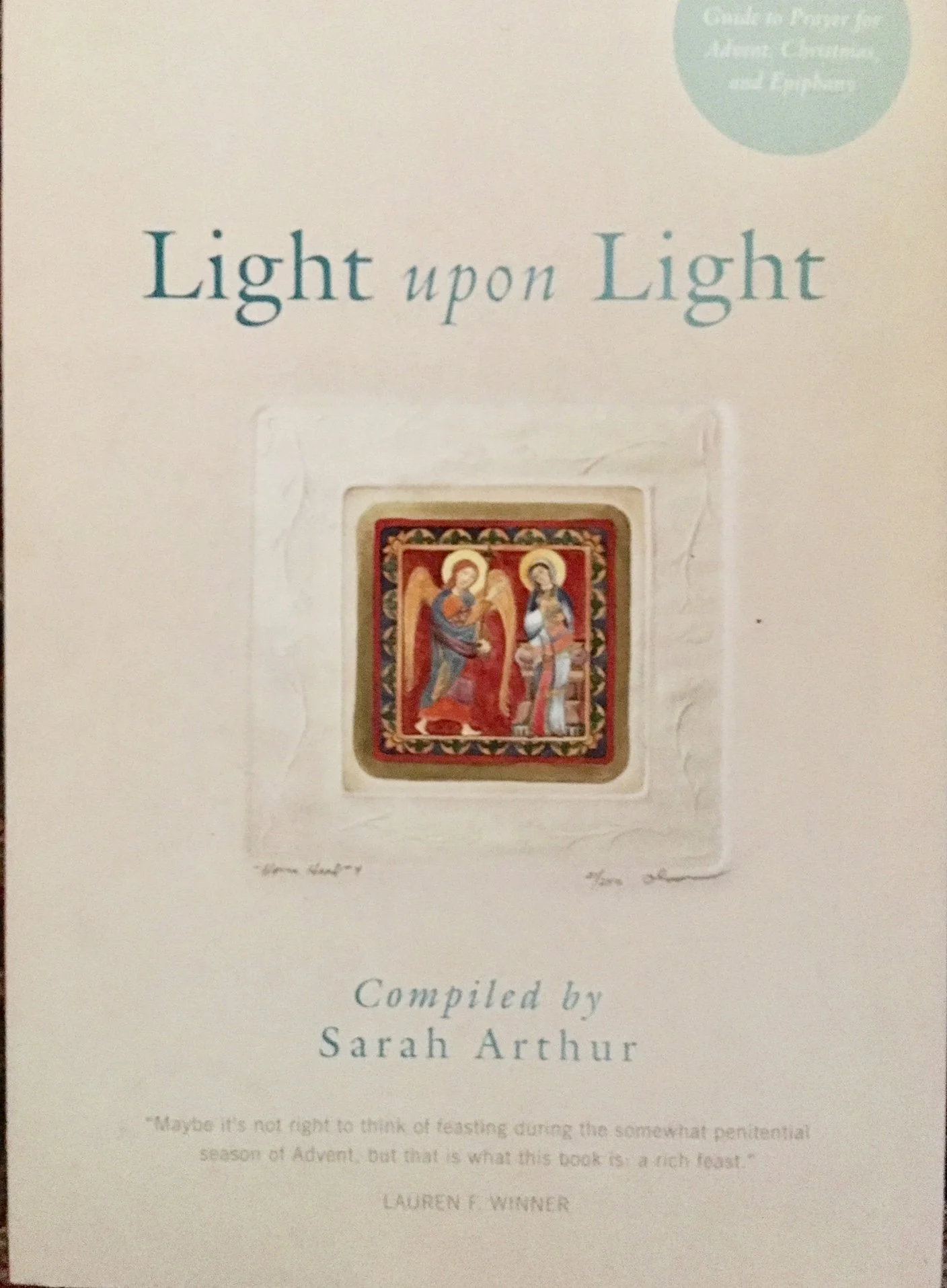Advent 1
Guest Writer Karen Dubert
“Almighty God, give us grace to cast away the works of darkness,
and put on the armour of light,
now in the time of this mortal life
in which your Son Jesus Christ came to visit us in great humility.”—Book of Common Prayer, Collect p. 211.
Advent One
Give us grace to cast away
the things designed to lead astray,
the things that of necessity
distract our hearts most easily,
grace to loosen and release
what makes us yearn to live at ease:
the thoughts which thoughtless hearts beset
and lead down paths of word-regret.
To cast away the works of dark
that damage soul and dim the spark
of Image faint we should reflect;
instead we manage to connect
and cling to comfort, rights and will:
ragged blankets to cover self,
words and phrases all designed
to justify “what’s mine is mine”.
I read these words on Advent One
and passed them blithely over.
What works of darkness have I done?
this prayer is for the other.
But later in the afternoon
a different light shone through them.
grace to cast away gives room
and space to welcome heaven.
Karen Dubert
Joanna Seibert. joannaseibert.com. https://www.joannaseibert.com/



